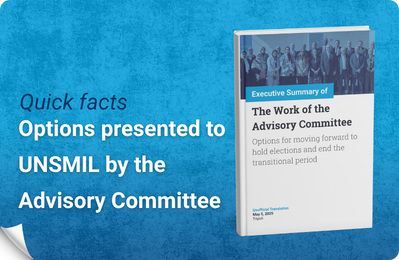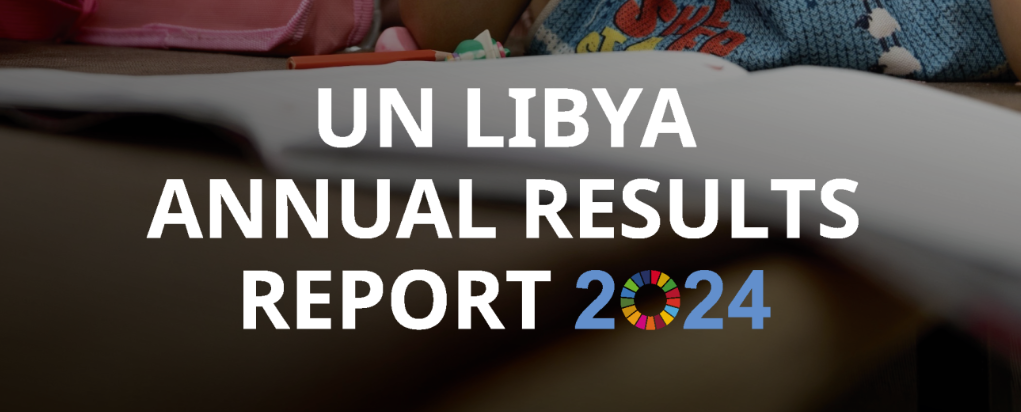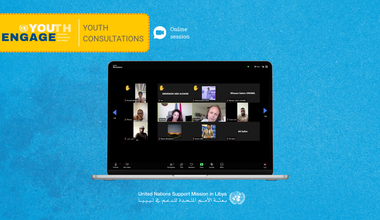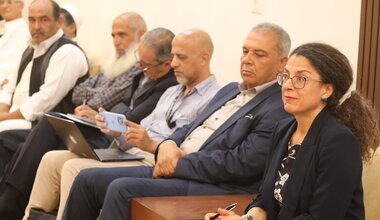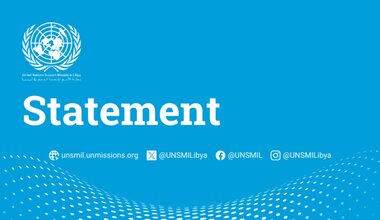UNHCR provides assistance to IDP Families Taking Refuge in Benghazi Schools
Tunis - The UN Refugee Agency (UNHCR), in collaboration with LibAid and implementing partner CESVI, has completed distribution of non-food items (NFI’s) to IDP families that have taken refuge in schools in Benghazi, Libya’s second largest city.
Numerous newly displaced families with no alternative means had to shelter in schools, others have been forced to transfer to the schools once their means have run out while living in the host community. UNHCR recognizes that these families are the most identifiably vulnerable among the IDP population.
UNHCR notes the urgent humanitarian needs of these groups seeking shelter and refuge amidst the ongoing fighting that has engulfed the city over the past months. Amongst the urgent needs identified were basic NFI’s. The aim of the initial distribution was to target those who were newly displaced and those most vulnerable families namely those who for various reasons, either finding themselves without local community support or having exhausted their financial means and have taken up shelter in local schools.
The first distribution commenced on 09 of March. It targeted one school, providing assistance to 40 families, reaching 164 individuals. The distribution continued over the course of three months, covering schools, as well as vulnerable families within the host communities. Furthermore, UNHCR has identified the need to assist vulnerable families within the host community themselves and not just IDPs.

Although, the vulnerability of the latter may not necessarily be as readily visible yet, they are equally in need of assistance. Through the distribution, 1,200 vulnerable families (6,400 individuals) have received life-sustaining items including blankets, sleeping mats and kitchen sets. These NFI distributions have enabled UNHCR to better understand the protection and assistance concerns faced by these families and has enabled a dialogue on better data collection and analysis around internally displaced person with various stakeholders.
New schools are emerging regularly as shelters as new waves of IDPs seek shelter, either as initial displacement or secondary movement. This is a clear indication that as the conflict continues, personal resources are depleting and the burden on the host families becomes a driving force to seek alternative shelter. While UNHCR remains committed to providing the necessary needs to those vulnerable families, the agency remains concerned about the lack of access to education for children as many schools have been forced to shut down to receive flows of displaced families.
In addition, UNHCR continues to respond to the protection and assistance needs of refugees and asylum seekers, through our NGO partners and through the work of the community centers, mobile outreach teams, and refugee hotlines.
For more information, please contact Ms. Marwa Baitelmal, Associate External Relations Officer, baitelma@unhcr.org Cell: +216 22834431
 United Nations Peacekeeping
United Nations Peacekeeping UN
UN






